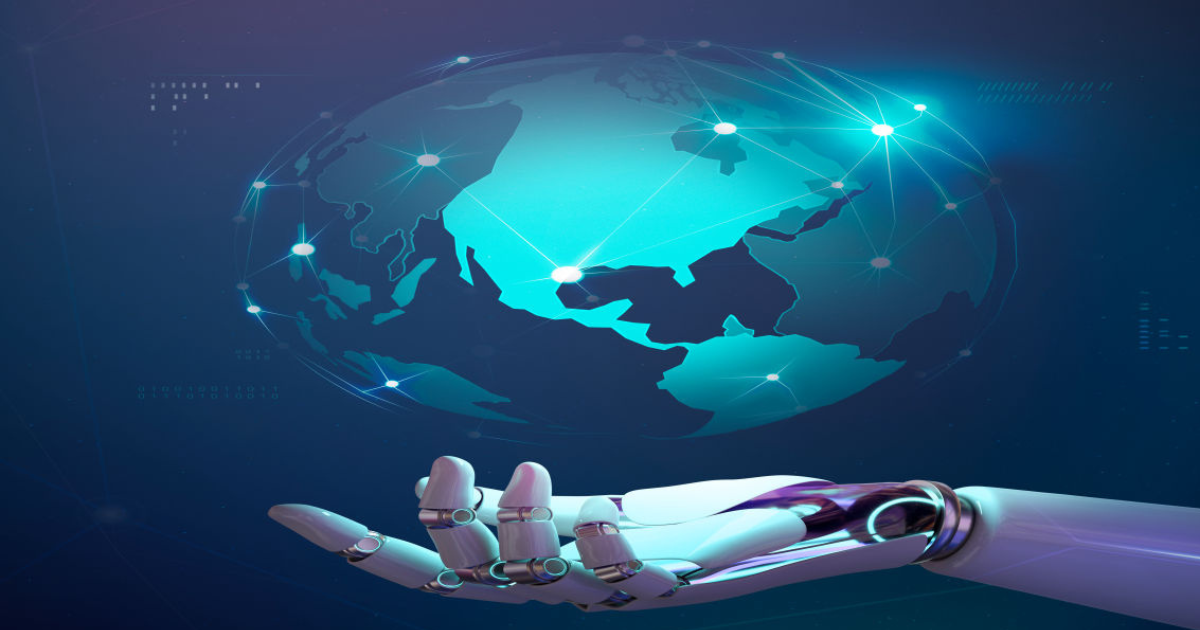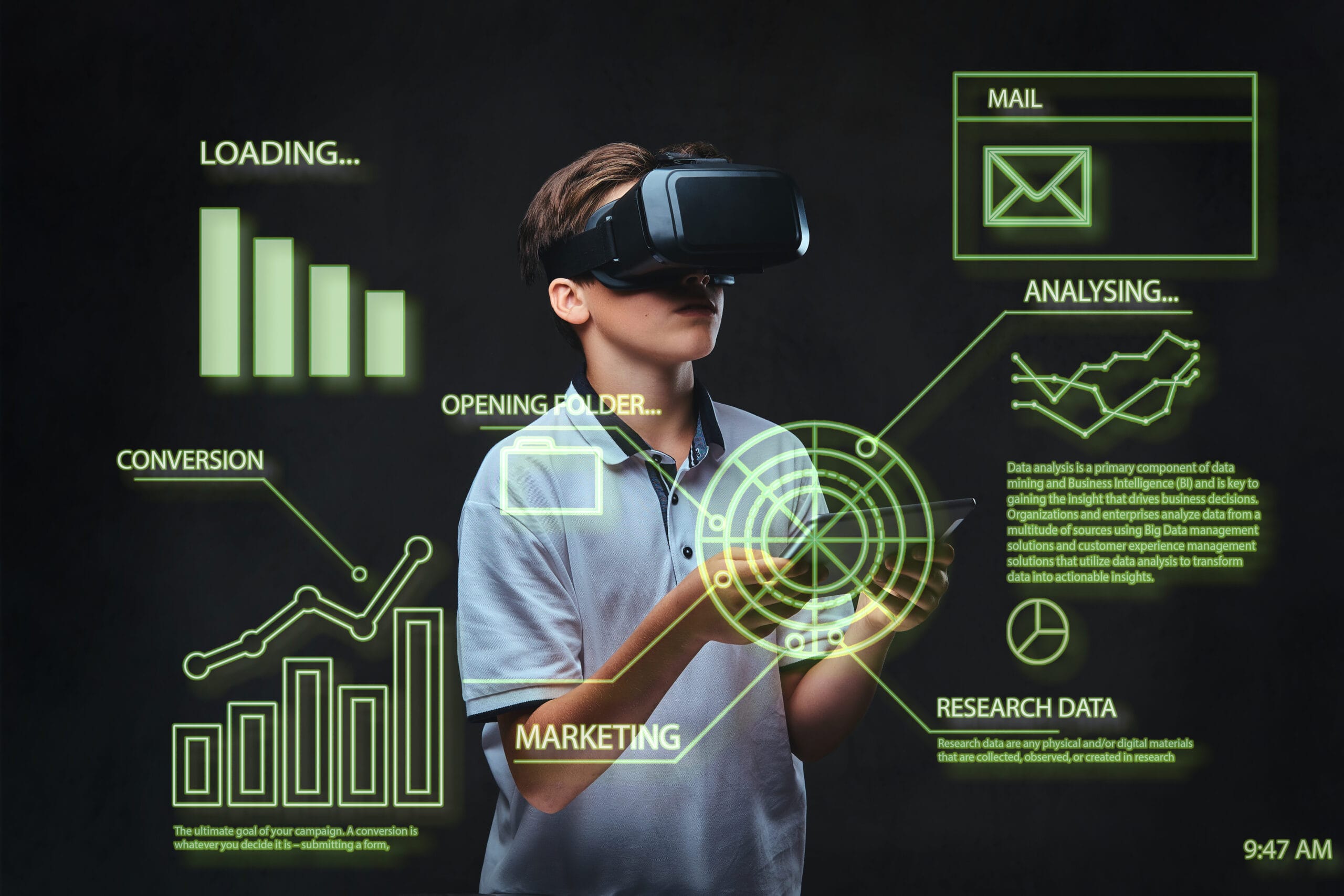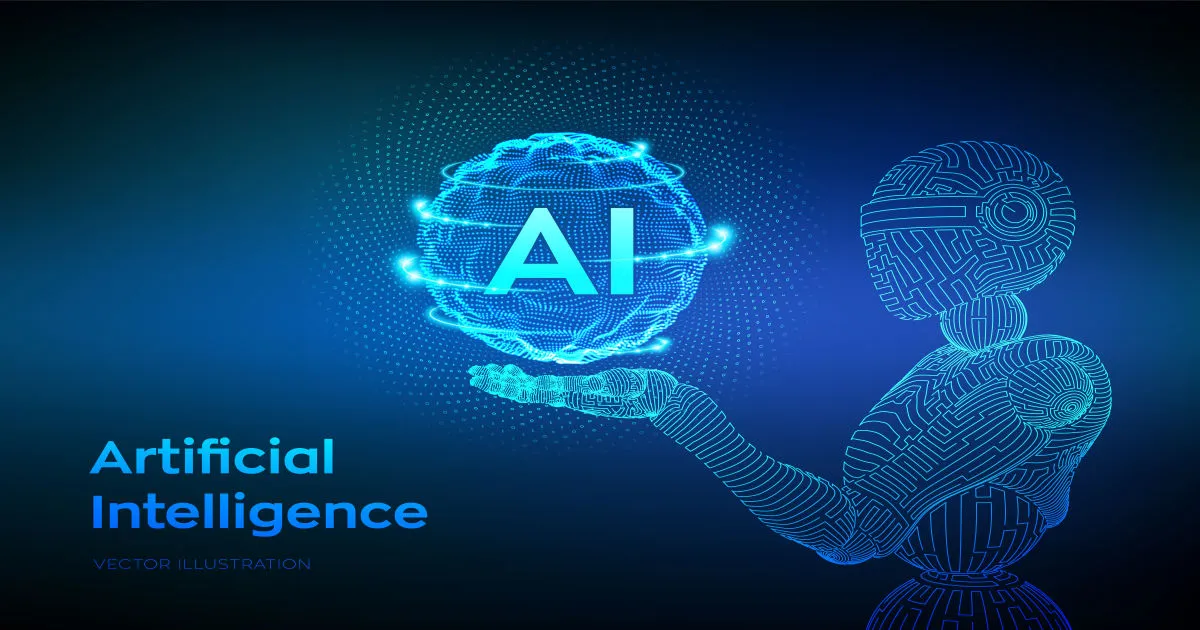Will Technology Replace Humans?
HELLO! In This Blog We Will Talk About That Will Technology Replace Humans?
MEANING- It is the application of scientific knowledge for a practical purpose.
- It is also known as the use of modern technology to enhance growth.
- The methods of using scientific discoveries for practical purposes.
MAIN PURPOSE OF TECHNOLOGY-The purpose of technology is to meet a human need or solve a human problem. Technology can help meet many types of human needs, like needs of shelter, food, clothing, and communication. Technology does not originate from the natural world and includes methods or activities that people use to alter their environments. Technology is man-made, and creating tools as technology has been a part of humanity for millions of years.
WILL TECHNOLOGY REPLACE HUMANS–
Technology will never replace humans but they have the potential to make us more effective.
HOW DOES TECHNOLOGY HELP IN REDUCING BUSINESS COSTS?
Technology offers various ways to reduce business costs and will technology replace humans across different industries and functions. Here are some ways technology can help:
Automation: Technology can automate repetitive tasks, the technology will replace humans? manual labor and associated costs. This includes automating processes such as data entry, inventory management, invoicing, and customer service. Such Type Of Automation technology will replace humans.
Remote Work: With advancements in communication technology, businesses can now allow employees to work remotely, reducing costs associated with office space, utilities, and commuting. Remote work also allows access to a broader talent pool, potentially reducing labor costs.
- Marketing and Advertising: Digital marketing platforms offer targeted advertising options, allowing businesses to reach their desired audience more effectively and at a lower cost compared to traditional advertising methods.
- Data Analytics: By leveraging big data analytics, businesses can gain insights into their operations, customer behavior, and market trends. This enables them to make data-driven decisions, optimize processes, and identify cost-saving opportunities.
Which technology is good for the future and it will replace human beings?
- Artificial Intelligence (AI) and Machine Learning: AI and machine learning algorithms are becoming increasingly sophisticated, enabling automation, data analysis, personalization, and decision-making across various industries, from healthcare to finance to manufacturing.
- Augmented Reality (AR) and Virtual Reality (VR): AR and VR technologies are transforming the way we interact with digital information and experience the world. They have applications in gaming, education, training, design, and remote collaboration.
- Biometric Technologies: Biometric authentication methods such as facial recognition, fingerprint scanning, and voice recognition are increasingly being used for security and identification purposes in various industries, from banking to healthcare to travel.
- DIGITAL MARKETING FOR THE FUTURE-Digital marketing technology refers to the various tools, platforms, and software applications utilized by marketers to plan, execute, analyze, and optimize their online marketing efforts. These technologies enable marketers to reach their target audience, engage with customers, and drive desired actions (such as conversions or sales) through digital channels.
Will technology make people smarter?
Technology can serve as a powerful tool to facilitate learning, access to information, and cognitive development, which can contribute to individuals’ overall intelligence. Here are some ways technology that will replace human beings:
- Access to Information: The internet provides instant access to a vast amount of information on virtually any topic. With search engines, online databases, and educational websites, people can quickly find answers to their questions, explore new subjects, and deepen their understanding of various concepts.
- Educational Resources: Technology-enabled learning platforms, such as online courses, tutorials, and educational apps, offer flexible and interactive ways to acquire new skills and knowledge. These resources often incorporate multimedia elements, simulations, and adaptive learning techniques to engage learners and facilitate retention.
- Language Learning Apps: Language learning apps and platforms leverage technology to provide interactive lessons, pronunciation practice, vocabulary drills, and cultural immersion experiences. These tools can accelerate language acquisition and proficiency by offering personalized instruction and feedback.
- Critical Thinking and Problem-Solving: Educational games, puzzles, and simulations can stimulate cognitive processes such as critical thinking, problem-solving, and decision-making. These interactive experiences challenge individuals to apply their knowledge, analyze information, and develop effective strategies to solve complex problems.
FOR MORE BLOGS
How Technology Changed Our Lives And Will Technology Replace Humans?
Technology has transformed nearly every aspect of our lives, revolutionizing the way we communicate, work, learn, and interact with the world around us. Here’s a breakdown of how technology has changed our lives:-
- Communication: The advent of the internet, smartphones, and social media has revolutionized communication. We can now instantly connect with people around the globe through email, messaging apps, video calls, and social networking platforms. Distance is no longer a barrier to staying in touch with friends, family, and colleagues.
- Work and Business: Technology has transformed the way we work and conduct business. From email and collaboration tools to project management software and video conferencing platforms, digital tools enable remote work, streamline workflows, and facilitate global collaboration. E-commerce platforms and online marketplaces have reshaped the retail landscape, allowing businesses to reach customers worldwide.
- Education: In the field of education, technology has revolutionized teaching and learning. Interactive whiteboards, educational apps, and online learning platforms offer engaging and personalized learning experiences. Students can access lectures, textbooks, and study materials online, allowing for flexible and self-directed learning.
- Entertainment: Technology has expanded our entertainment options. Streaming services like Netflix and Spotify provide access to a vast library of movies, TV shows, and music on-demand. Video games, virtual reality experiences, and augmented reality apps offer immersive entertainment experiences that were once unimaginable.
- Healthcare: Technological advancements have transformed healthcare delivery and patient care. Electronic medical records, telemedicine platforms, and wearable devices enable remote monitoring, diagnosis, and treatment. Precision medicine, genomics, and personalized healthcare approaches are revolutionizing disease prevention and management.
- Transportation: Technology has revolutionized transportation with innovations like ride-sharing apps, electric vehicles, and autonomous driving technology. Navigation apps provide real-time traffic updates and optimize routes for efficiency and convenience. Smart infrastructure and IoT sensors improve safety and traffic management in cities.
FOR MORE BLOGS








